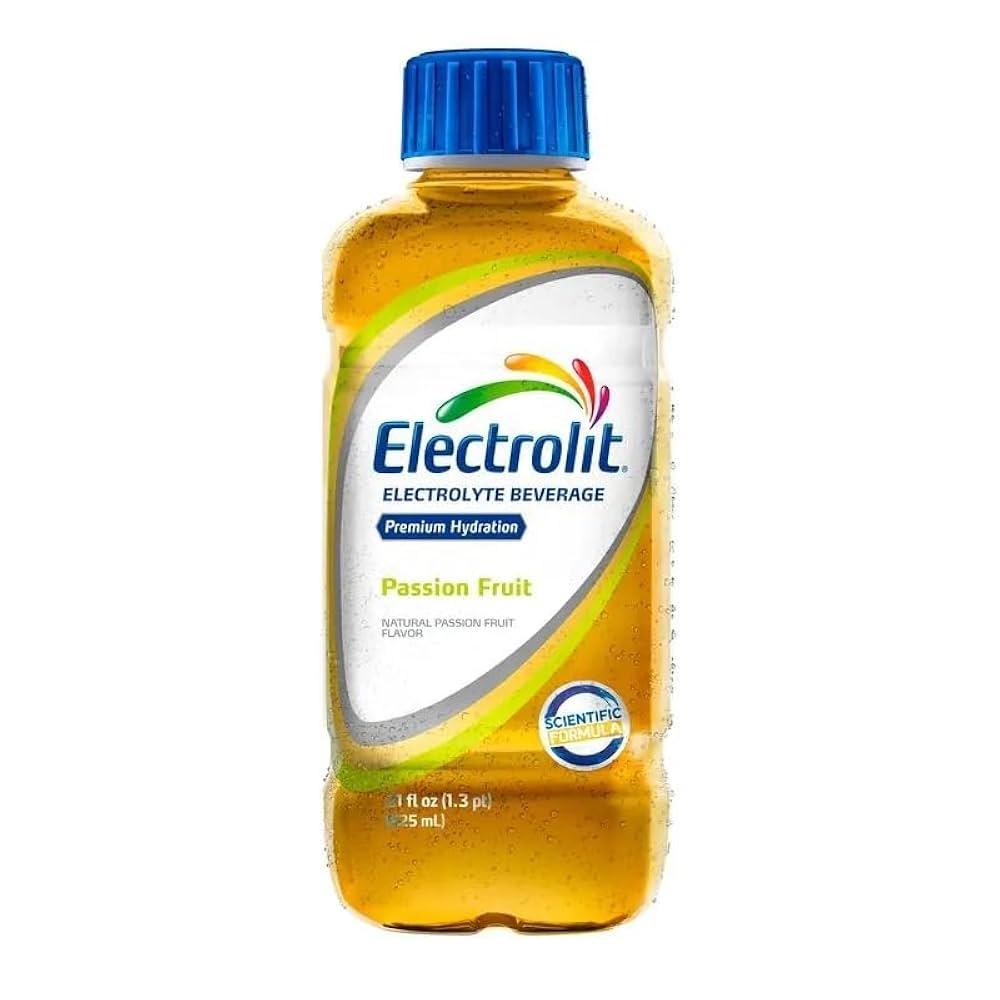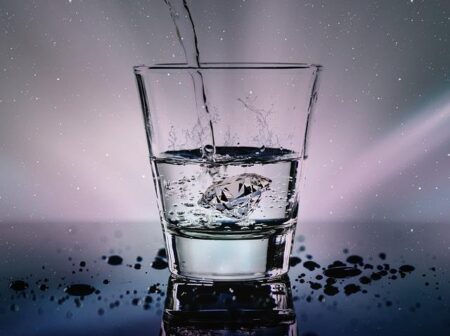Electrolyte drinks have surged in popularity, marketed as essential for hydration and replenishing vital minerals lost during exercise. But do everyday consumers really need these beverages to stay properly hydrated, or is plain water sufficient for most situations? NPR takes a closer look at the science behind electrolyte drinks, examining when they might be beneficial, who stands to gain from them, and whether the typical person should reach for that colorful bottle at the store.
Understanding Electrolytes and Their Role in Hydration
Electrolytes are minerals in your body that carry an electric charge, playing a pivotal role in maintaining fluid balance and supporting nerve and muscle functions. The key electrolytes-sodium, potassium, calcium, magnesium, chloride, and phosphate-work together to regulate hydration levels by ensuring that water is properly absorbed and retained within your cells. When you sweat, especially during intense exercise or in hot conditions, these minerals are lost alongside water, which can disrupt the delicate balance necessary for optimal physiological function.
Understanding the specific roles of each electrolyte helps clarify why simply drinking water isn’t always enough. For example:
- Sodium: Helps retain water in the body and maintains blood pressure.
- Potassium: Supports muscle contractions and heart rhythm.
- Magnesium: Influences muscle relaxation and energy production.
| Electrolyte | Primary Role | Common Sources |
|---|---|---|
| Sodium | Fluid retention & nerve function | Salt, processed foods |
| Potassium | Muscle & heart function | Bananas, spinach |
| Magnesium | Energy & muscle relaxation | Nuts, whole grains |
When Electrolyte Drinks Make a Difference for Your Body
Electrolyte drinks can be a game changer in specific situations where your body experiences excessive fluid loss or an imbalance of key minerals. They are particularly useful after intense workouts, long bouts of heavy sweating, or instances of illness involving vomiting or diarrhea. These beverages replenish vital ions like sodium, potassium, calcium, and magnesium, which help maintain muscle function, nerve impulses, and overall fluid balance. Without these minerals, mere water might not be enough to restore your body’s equilibrium, potentially leading to cramps, fatigue, or dehydration-related complications.
Situations where electrolyte drinks may make a noticeable difference include:
- Endurance sports lasting over an hour with heavy sweating
- Heat waves or environments with high temperatures
- Recovery from gastrointestinal illnesses
- Periods of extreme physical exertion requiring rapid rehydration
| Electrolyte | Primary Role | Common Sources in Drinks |
|---|---|---|
| Sodium | Fluid retention, nerve function | Salt, salted snacks, sports drink |
| Potassium | Muscle function, heart rhythm | Bananas, oranges, coconut water |
| Calcium | Muscle contraction | Dairy, fortified drinks, supplements |
| Magnesium | Energy production, muscle relaxation | Nuts, seeds, mineral waters |
Debunking Myths About Electrolyte Beverages and Daily Hydration
Despite their growing popularity, electrolyte beverages are often misunderstood as essential for everyone’s daily hydration. In reality, for most people leading a typical lifestyle, plain water is more than sufficient to maintain proper hydration. Electrolyte drinks, which contain sodium, potassium, magnesium, and calcium, are designed primarily to replace minerals lost through heavy sweating during intense exercise or illness-related dehydration. Consuming them without such physical demands can lead to unnecessary sodium intake, potentially causing imbalances rather than improving hydration status.
Common misconceptions about electrolyte beverages include the belief that they enhance regular hydration, boost energy, or improve overall health for sedentary individuals. Here’s what the evidence shows:
- Hydration needs vary: For daily hydration, water fulfills the body’s requirements without added sugars or salts.
- Electrolytes are vital only in specific conditions: Intense workouts, hot climates, or illness may warrant replenishment of electrolytes.
- Overconsumption can be harmful: Excess electrolytes may lead to dehydration or kidney stress.
| Situation | Recommended Drink |
|---|---|
| Regular daily activities | Water |
| Endurance exercise (1+ hour) | Electrolyte beverage |
| High heat exposure | Electrolyte beverage or water with salt |
| Light workouts | Water |
Expert Tips on Choosing the Right Hydration Strategy for Your Needs
When deciding on the best hydration approach, it’s essential to evaluate your individual lifestyle and activity level. For most people engaging in everyday activities or light exercise, plain water suffices to maintain proper hydration. However, those participating in prolonged or high-intensity workouts lasting over an hour may benefit from beverages containing electrolytes, as they help replenish sodium, potassium, and magnesium lost through sweat. Additionally, environmental factors like heat and humidity can increase electrolyte loss, making a balanced intake more crucial.
Here are key points to consider when choosing your hydration strategy:
- Duration and intensity of your physical activity
- Environmental conditions such as temperature and humidity
- Personal health status, including any medical conditions
- Dietary intake of salts and minerals throughout the day
| Hydration Needs | Recommended Drink | Ideal Usage | ||||||
|---|---|---|---|---|---|---|---|---|
| Light Activity & Daily Routine | Water | All day hydration | ||||||
| Exercise under 60 minutes | Water or Low-electrolyte Drink | During activity | ||||||
|
When deciding on the best hydration approach, it’s essential to evaluate your individual lifestyle and activity level. For most people engaging in everyday activities or light exercise, plain water suffices to maintain proper hydration. However, those participating in prolonged or high-intensity workouts lasting over an hour may benefit from beverages containing electrolytes, as they help replenish sodium, potassium, and magnesium lost through sweat. Additionally, environmental factors like heat and humidity can increase electrolyte loss, making a balanced intake more crucial. Here are key points to consider when choosing your hydration strategy:
|





